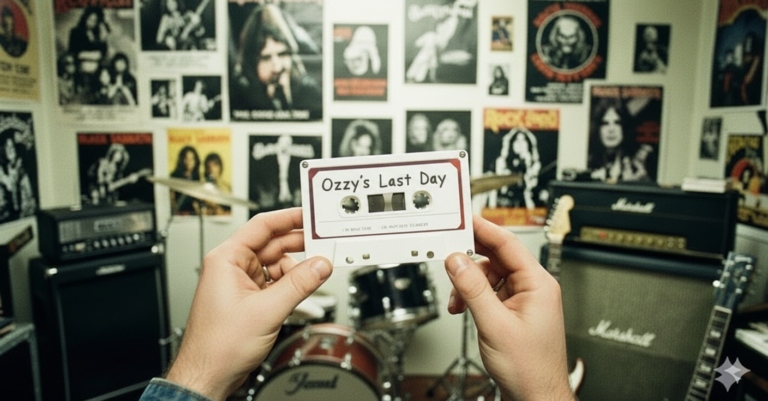
Taylor Swift Regains Rights of Her Master Recordings

In a landmark move in the music industry, Taylor Swift has regained control over her master recordings. This comes after nearly a decade-long struggle following the controversial sale of her original catalog by Big Machine Label Group to music manager Scooter Braun's Ithaca Holdings in 2019. The saga began when Braun purchased Big Machine, which included the rights to Swift's first six studio albums. The situation was exacerbated by Braun’s previous alleged involvement in a series of public conflicts Swift had with other artists, which Swift referred to as “manipulative bullying.”
Swift's bid to regain control was propelled partly by public support and her strategic decision to re-record her old albums, which led to the release of “Taylor's Version” editions of those albums. These re-recordings included additional tracks called “From the Vault,” which significantly tapped into fans’ nostalgia and loyalty, increasing their commercial success. Albums like “Fearless (Taylor’s Version),” “Red (Taylor’s Version),” and others not only reclaimed her music rights but also shattered streaming records, surpassing the original versions in popularity.
This legal and emotional triumph ended with Swift acquiring her masters from Shamrock Capital, the firm that had bought them from Braun. Reports suggested that the deal closed at approximately $360 million, with Shamrock profiting from its previous ownership but cooperating with Swift to return the catalog. Swift expressed gratitude towards Shamrock, noting their fairness and understanding throughout the negotiations. Her statement expressed joy, asserting her autonomy over her creative work for the first time in her career, a recurrent theme she has championed vocally over the years.
Initially signed with Big Machine at 14, Swift did not own the rights to her music under her original contract—a common practice at the time, especially for young artists. As her fame and influence grew, the unfairness of this model became increasingly apparent to both her and the public. Swift’s ownership of her music signifies not just personal victory, but a broader conversation push in the industry regarding artists' rights to their work. Her journey has inspired others in the industry to renegotiate terms to avoid similar pitfalls.
The chronological journey of reclaiming her music also involved major re-recording projects. While she has successfully re-recorded her debut album, and subsequent releases have proven commercially viable, her album “Reputation” remains partially re-recorded due to its complex ties to a turbulent period in her life. Swift candidly shared her struggle with revisiting this era creatively, underscoring the personal attachment and context each album carries.
The Eras Tour, a retrospective celebration of Swift's career, was monumental in solidifying fan engagement and the artist's legacy. The tour not only celebrated her past work but intertwined her re-recordings with new material, a move that exemplified her creative control and continuity.
This saga, apart from its massive impact on Swift’s career, has kept the discussion of artist rights at the forefront. Swift's narrative has encouraged a new generation of artists to demand better terms in recording contracts, empowering them to retain ownership over their work from the outset. As more artists become aware of these practices, the industry might anticipate shifts that prioritize creator equity. Swift's victory is a critical and symbolic milestone in the ongoing evolution of artist-label dynamics.
Key Takeaways
-
www.nbcnews.com | Taylor Swift's ownership of her masters allows her full control over the usage of her music, including distribution, licensing, and earning from royalties.
-
www.billboard.com | The musician expressed deep gratitude towards Shamrock Capital for their honesty and fairness throughout the negotiation process, marking a significant achievement in her career.
















